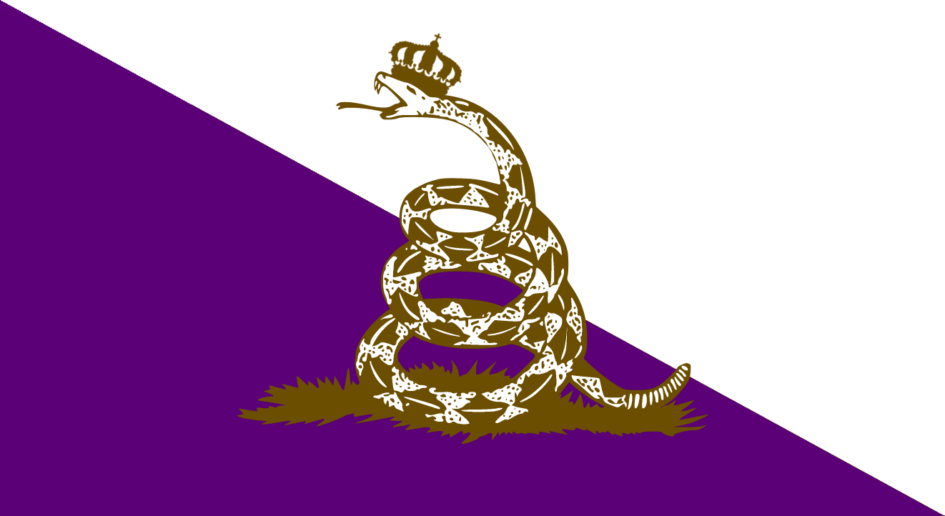In the 2001 book Democracy: The God that Failed, Hans-Hermann Hoppe provides a compelling libertarian argument for monarchy. While Hoppe gets some predictions wrong, his thesis that monarchy as a “privately-owned government” is inherently more responsible and accountable to the people than a democracy (or democratic republic), which he characterizes as a “publicly-owned government” is very persuasive.

Hoppe shows how monarchies tend to be more limited in government and so-called democracies tend toward socialism. This happens because democratically-elected governments are filled with politicians who have no long-term stake in the outcome of the country. They exchange benefits paid for by the taxpayers for votes and power, which has a negative effect on the overall economy and society. Accompanying this, Hoppe writes that democratically-elected governments have a sort of implicit license in which the bureaucrats believe they can do anything they want because they have the stamp of approval from the populace. So, democracies tend to create governments that are both unaccountable and unrestricted.
In contrast, monarchies necessarily are in it for the long term and are much more accountable. Ironically, they’re also more restricted because they don’t have the implicit approval of the populace.
This may seem counterintuitive when you think of absolute monarchies of the past and how many tended toward totalitarianism and were required to relinquish power through violent overthrow. But consider that the first Americans revolted essentially over a three-cent tax. Current Americans often endure over 50 percent of their wealth being forcibly taken against their will. Why? Because they presumably have a say in the government, so anything the government does is okay.
Hoppe provides stats that show the monarchies tend to be more libertarian as a result. They have smaller government and harm people less. One major component of this is seen in the difference in wars conducted by monarchies versus democracies.
Hoppe says that monarchies tended to go to war for territory and limited the violence to military. On the other hand, democracies tend to go to war for ideology and conduct unlimited war as a result (compare the relatively tame monarchical wars of the 19th century to the horrific world wars of the 20th century as an example).
Hoppe’s main blindspot is conflating republics (ostensibly defined by the rule of law) with democracies (mob rule), but history has shown that democratic republics have tended toward pure democracies. This is evident in the Western democracies, which have clearly devolved into mob rule where the mob is in turn ruled by communists. The pretense of democracy has even been eliminated to a large measure since the overwhelming evidence of widespread election fraud.
 The Libertarian Catholic
The Libertarian Catholic
















